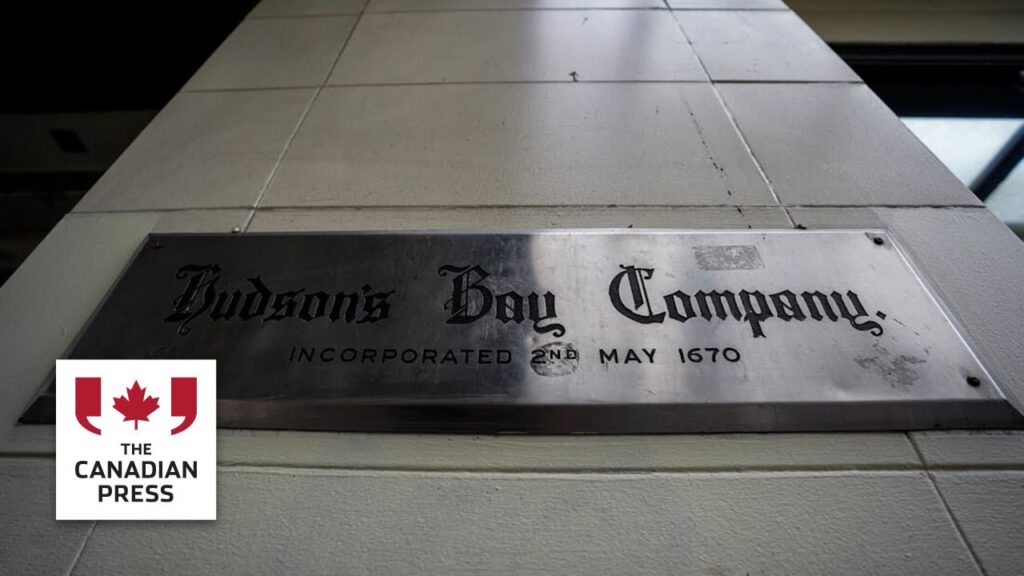
Introduction
The Hudson’s Bay Company (HBC), one of the oldest retail companies in North America, is currently making headlines with a series of lease deals affecting its store locations across Canada. These lease agreements are crucial for the retail landscape, especially following a tumultuous few years for brick-and-mortar stores due to the pandemic. Understanding these lease deals offers insight into the company’s strategy and the future of retail shopping in Canada.
Current Lease Deals
Recently, HBC has announced several lease renegotiations and new deals aimed at streamlining operations and optimizing its retail footprint. According to reports, HBC is looking to offload underperforming locations while also securing favorable terms for flagship stores in major urban centers. This strategy is in line with broader industry trends where retailers are reevaluating their physical presence in favor of enhancing their online shopping platforms.
In a recent press release, HBC stated that these lease changes are part of an initiative to adapt to changing consumer behaviors and to focus on key markets. This includes renegotiating leases to lower overhead costs, which is particularly vital given the rising inflation and changing retail dynamics influenced by e-commerce. For instance, deals have been made to maintain presence in prime locations in cities such as Toronto, Vancouver, and Montreal, where foot traffic remains robust.
Impact on Retail and Real Estate
The implications of HBC’s lease deals extend beyond the company itself. As one of Canada’s most iconic retailers, its decisions can significantly impact local economies and retail landscapes. The focus on renegotiation rather than closures sends a positive signal about HBC’s future while also influencing shopping habits and trends in the communities where these stores operate.
Moreover, real estate markets in commercial sectors may see shifts as landlords and property owners adjust their expectations and strategies in response to HBC’s updated lease agreements. As one of the largest tenants in many malls, HBC’s choices can set precedents for other retailers, leading to discussions with landlords about rental rates and terms.
Conclusion
In conclusion, the Hudson Bay lease deals are not just operational decisions; they represent a significant shift in the retail industry in Canada. As HBC adapts to a new economic environment while preserving its storied legacy, stakeholders including consumers, employees, and retail analysts will be keenly observing how these changes unfold. With e-commerce continuing to dominate, it will be pivotal for HBC and similar retailers to balance their physical stores with a strong online presence in order to remain competitive. The future of Hudson’s Bay depends not only on current lease negotiations but also on its ability to innovate and meet evolving consumer needs.



